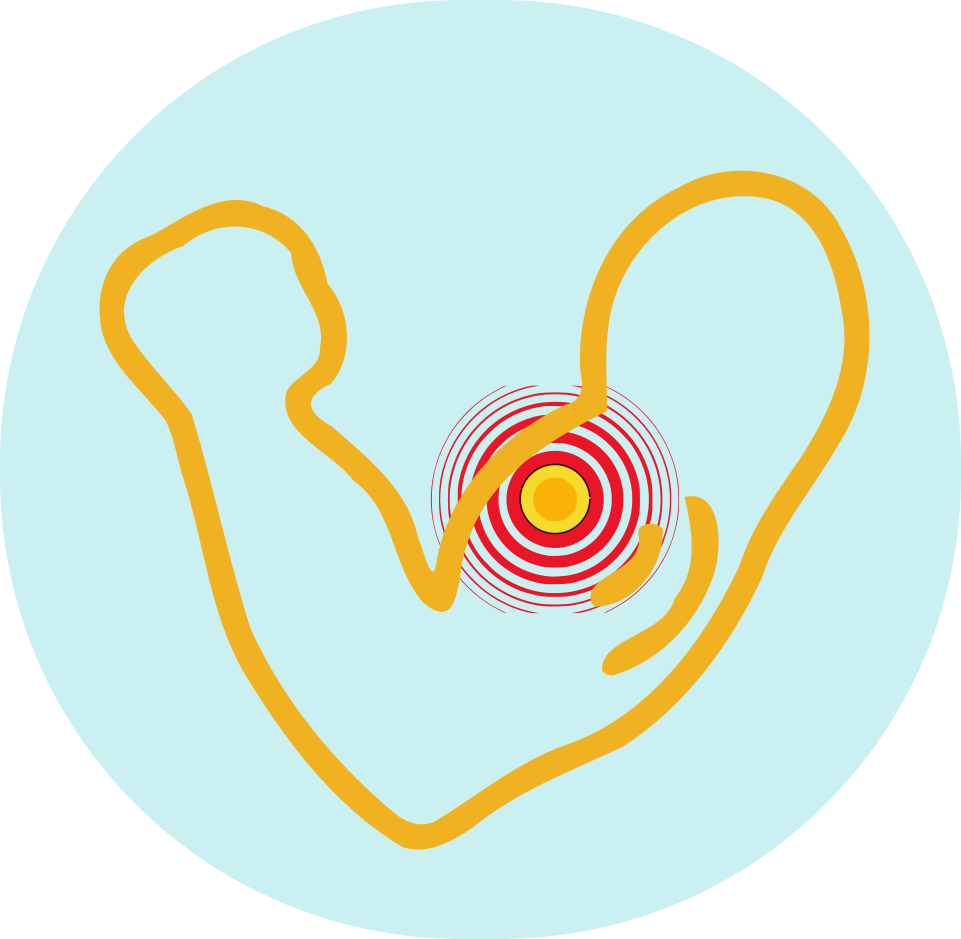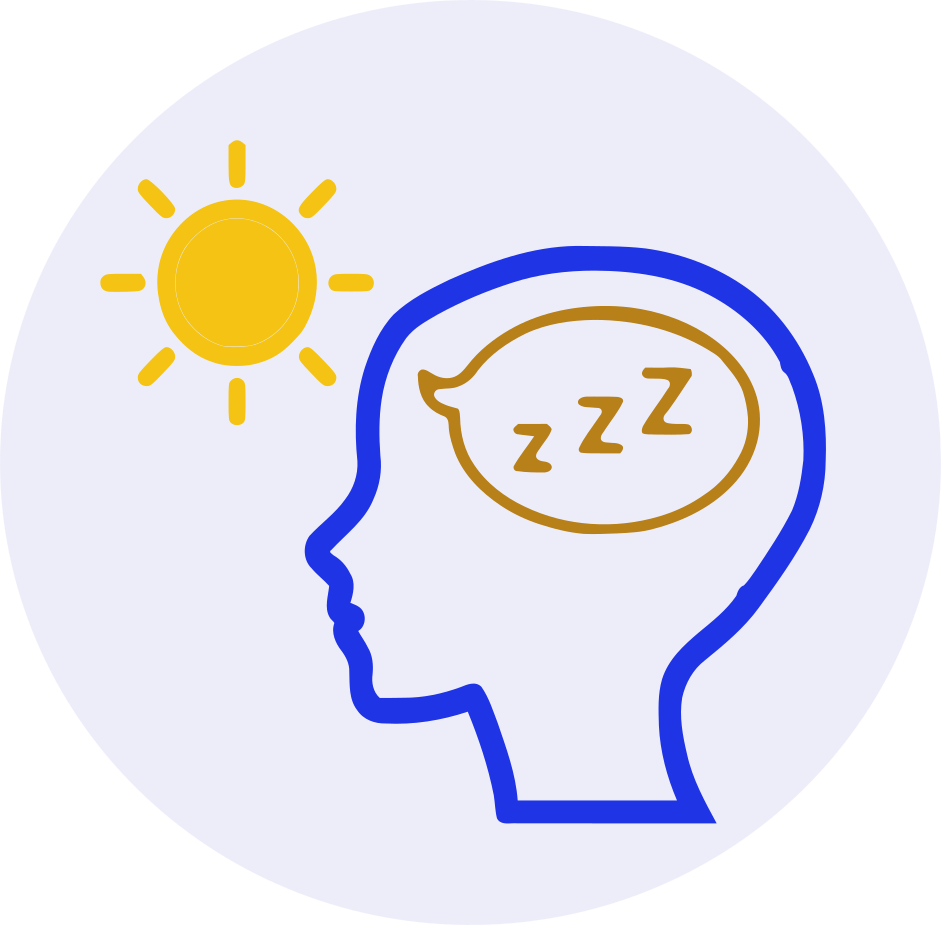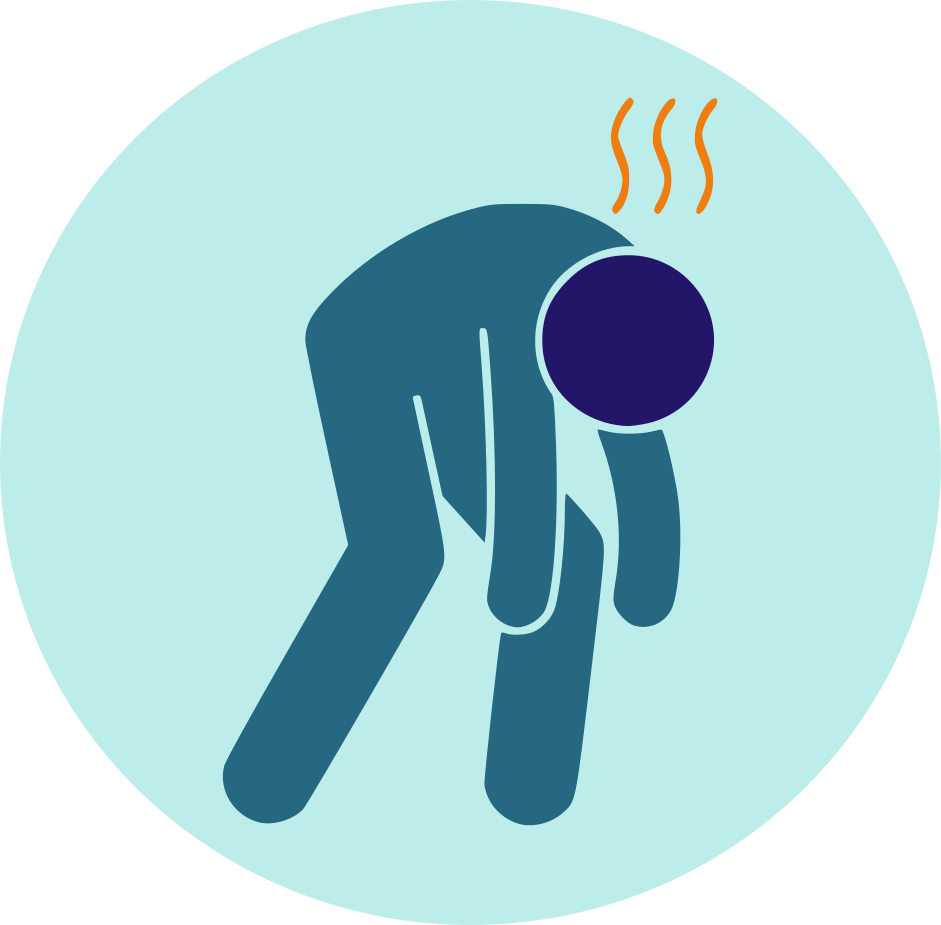| Name | Cyclobenzaprine Hydrochloride |
| Classes |
Central Nervous System Agent Muscle Relaxant Skeletal Muscle Relaxant |
| Diseases |
Muscle Spasm Neuromascular Disorder |
Cyclobenzaprine Hydrochloride
Cyclobenzaprine Hydrochloride is a centrally acting skeletal muscle relaxant. Its mechanism of action is thought to involve the inhibition of norepinephrine and serotonin in the descending reticular activating system, leading to muscle relaxation through a central action.
Cyclobenzaprine Hydrochloride is indicated as an adjunct to rest and physical therapy for the relief of muscle spasm associated with acute, painful musculoskeletal conditions.
For the majority of patients, the suggested dosage of Cyclobenzaprine Hydrochloride is 5 mg thrice daily. Depending on the individual's response to the medication, the dosage can be raised to 10 mg thrice daily. The use of Cyclobenzaprine Hydrochloride beyond two or three weeks is not advisable.
Adverse reactions associated with Cyclobenzaprine Hydrochloride include-
- Drowsiness
- Dry mouth
- Dizziness
- Fatigue
- Headache
- Nausea
- Constipation
- Sedation: Cyclobenzaprine Hydrochloride may cause significant sedation. Advise patients to avoid activities requiring mental alertness or coordination, such as driving or operating machinery.
- Alcohol and CNS Depressants: Avoid concomitant use with alcohol or other central nervous system (CNS) depressants, as additive sedative effects may occur.
- Serotonin Syndrome: Monitor for signs of serotonin syndrome, especially when used concomitantly with serotonergic drugs. Symptoms may include mental status changes, autonomic instability, and neuromuscular abnormalities.
- Cardiovascular Effects: Use with caution in patients with a history of cardiovascular disease, as cyclobenzaprine may have potential effects on the cardiac conduction system.
- Hepatic Impairment: Use with caution in patients with hepatic impairment. Dosage adjustments may be necessary.
- Acute Angle-Closure Glaucoma: Cyclobenzaprine may increase intraocular pressure. Use cautiously in patients with narrow-angle glaucoma.
Contraindication
Cyclobenzaprine Hydrochloride is contraindicated in individuals with:
- Hypersensitivity to cyclobenzaprine or any component of the formulation.
- Concomitant use of monoamine oxidase (MAO) inhibitors or within 14 days of discontinuing such therapy. Examples of MAOI include-
None known.
Cyclobenzaprine Hydrochloride is contraindicated in individuals with:
- Myocardial infarction or heart failure.
- Cardiac conduction disturbances.
- Hyperthyroidism.
 Bangla
Bangla English
English






